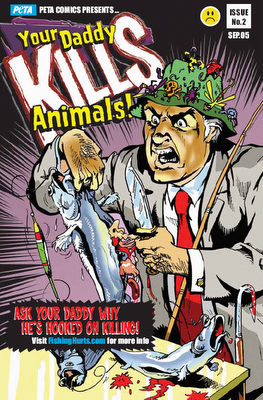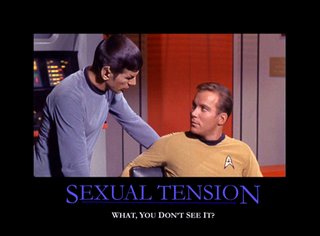A second type of euphemism dresses up a dodgy payment as a friendly favour done by the bribe-payer. There is plenty of creative scope. Nigerian policemen are known to ask for “a little something for the weekend”. A North African term is “un petit cadeau”, a little gift. Mexican traffic police will suggest that you buy them a refresco, a soft drink, as will Angolan and Mozambican petty officials, who call it a gazoso in Portuguese. A businessman in Iraq told Reuters that although corruption there is quite overt, officials still insist on being given a “good coffee”.
Double meaning can help soothe the awkwardness of bribe-paying. Baksheesh, originally a Persian word now found in many countries of the Middle East, can mean “tip”, “alms” and “bribe”. Swahili-speakers can take advantage of another ambiguous term. In Kenya a machine-gun-wielding guard suggested to a terrified Canadian aid worker: “Perhaps you would like to discuss this over tea?” The young Canadian was relieved: the difficulty could be resolved with some chai, which means both “tea” and “bribe”.
The acceptability of bribes seems also to revolve around whether you can gain anything by the bribery:
Rich Westerners may not think of their societies as plagued by corruption. But the definition of bribery clearly differs from person to person. A New Yorker might pity the third-world businessman who must pay bribes just to keep his shop open. But the same New Yorker would not think twice about slipping the maître d' $50 to sneak into a nice restaurant without a reservation. Poor people the world over are most infuriated by the casual corruption of the elites rather than by the underpaid, “tip”-seeking soldier or functionary.
The conclusion, though, is not supported by the graph shown:
Among the many factors that determine the level of corruption in a country, one stands out. Whether it takes the shape of an American congressman dispensing a $2 trillion budget or a horde of petty officials administering a Bible-sized rulebook, where there is a lot of government, there is a lot of bribery. Corruption thus offers yet another confirmation of the dictum attributed to Thomas Jefferson that "the government is best which governs least."
Actually, the article, and the graph supporting it, seem to show the exact opposite.
(Via The Morning News)



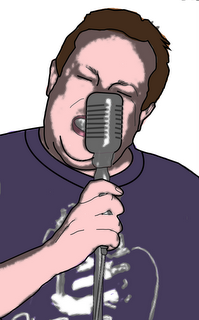




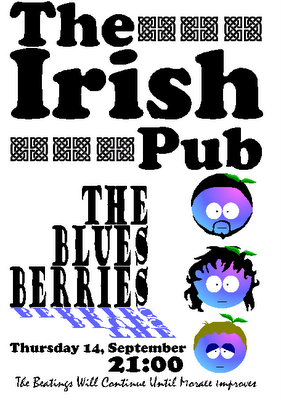
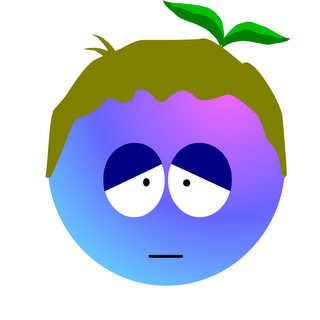 Me.
Me.

